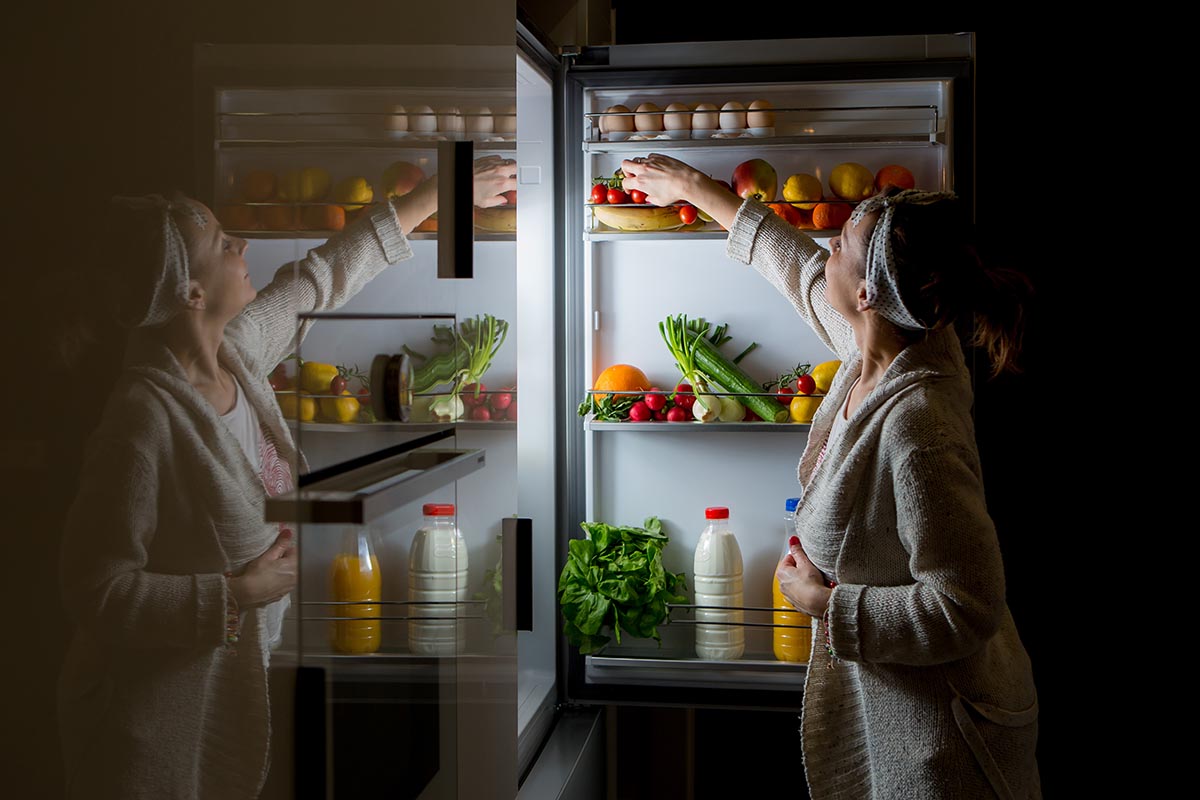Eating too late has consequences on your line: a study finally shows us how our metabolism changes in these cases
Stories that warm the heart
The time you eat is very important for your metabolism: find out what happens to your body when you dine too late!
Sometimes, the results of scientific research effortlessly align with common sense precepts: Eating too late weighs down your body. According to a very recent study, in fact, it would cause reactions that increase fat production and lower the amount of calories burned.
Even before this study, in fact, we already had several research teams who had indicated other harmful effects of dining too late. For example, having dinner within a certain time frame lowers the risk of stroke, but choosing what you eat in the evening also makes a big difference.
However, there is a fundamental novelty in the study that we mentioned before: finally we have a clearer explanation of how the metabolic process works that leads us to gain more weight if we eat too late in the evening. (Also Read: Here’s Why You Should Never Dine Late At Night According To The Nutritionist)
Eating late stimulates adipogenesis: study
So what happens to our body when we have dinner late at night? Basically, when you eat after a certain time, there are two hormones – leptin and ghrelin – that act abnormally. Leptin is responsible for our sense of satiety and delaying dinner time has been found to lower levels of this hormone for the next 24 hours, leading to less satiety. Furthermore, our body burns calories much more slowly for the same duration while there is a greater expression of the gene responsible for adipogenesis.
Basically, our body stops breaking down fat stores to generate energy and stores more fat in the body, making us hungrier too.
But how did they come to these conclusions? The researcher and first author of the study, Dr. Nina Vujovic, together with her team studied the physiological results in a sample of 16 people with a body mass index between overweight and obese.
Before submitting the cohort to the actual test, two to three weeks of preparation were performed, in which the subjects had to follow a very strict sleep and nutrition routine. After that, each of them was subjected to an experiment: the same menu was served both at a time considered normal and healthy and with each of the meals moved to 4 hours later. For each of the participants, a set of factors were taken into account that ensure the reliability of the study despite the low number of participants.
This study is of great value, because it confirms what we already knew on the subject, but it helps us above all by providing us with a detailed description of why we get fat if we dine too late in the evening.
Read also:
